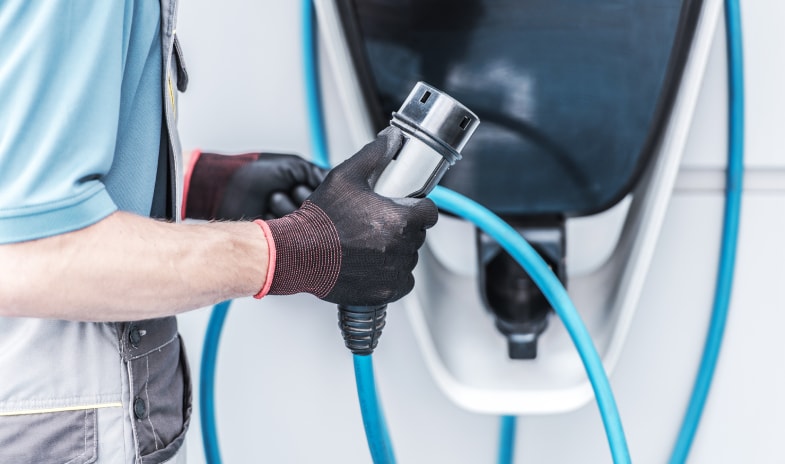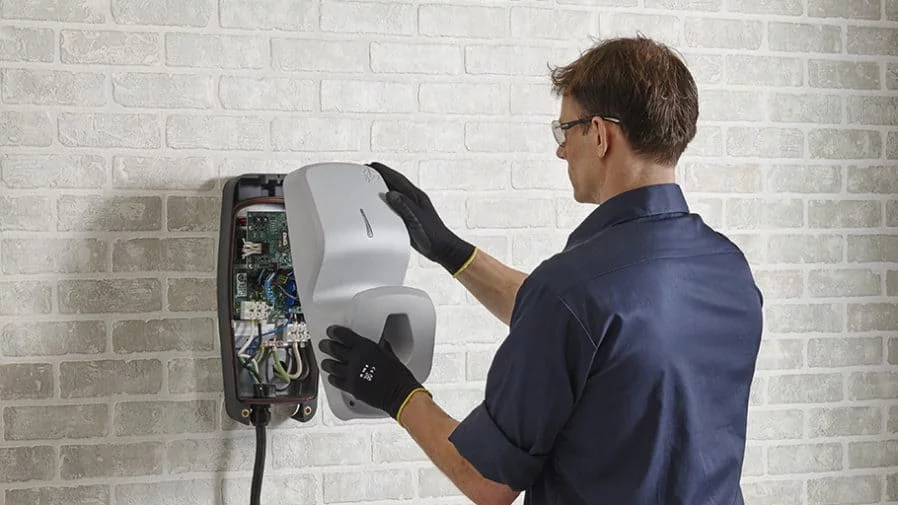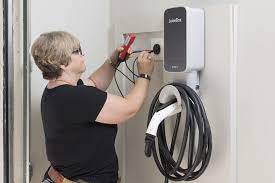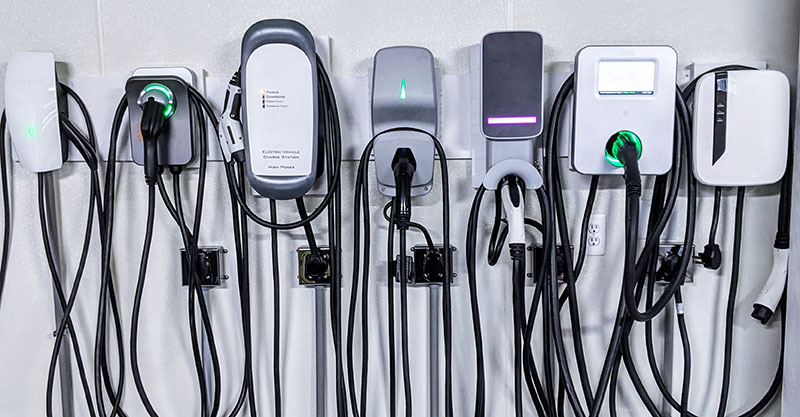As the demand for electric vehicles (EVs) continues to surge, the installation of electric car chargers becomes a crucial aspect of supporting this green revolution. In this article, we will explore the question “Who Installs Electric Car Chargers?” and delve into the significance of choosing the right professionals for this essential task.
Navigating the Landscape: Who Installs Electric Car Chargers?
Understanding the Importance: The Role of Professionals in Charger Installation
Installing an electric car charger is not just a technical task; it’s a strategic investment in the future of sustainable transportation. Determining who installs electric car chargers is crucial for ensuring a seamless and efficient charging infrastructure. Let’s explore the key players in this field and the value they bring to the table.
Who Installs Electric Car Chargers: The Experts Behind the Scenes
Electricians: The Backbone of Charger Installation
One of the primary experts involved in electric car charger installation is an electrician. These professionals possess the technical knowledge and expertise required to handle the electrical components of charging stations. From assessing the electrical capacity of your property to wiring the charging unit, electricians play a pivotal role in ensuring a safe and functional charging setup.
Automotive Service Providers: A Holistic Approach to Installation
Some automotive service providers offer comprehensive electric car charger installation services. These professionals not only handle the electrical aspects but also assess your property for optimal charger placement, ensuring convenient access for your electric vehicle. Collaborating with automotive service providers can streamline the installation process and provide a one-stop solution for EV owners.
Who Installs Electric Car Chargers: The Decision-Making Factors
Certifications and Expertise: Ensuring Quality Installation
When determining who installs electric car chargers, consider the certifications and expertise of the professionals involved. Electricians with experience in EV charger installations or automotive service providers with a proven track record can instill confidence in the quality of work. Look for certifications such as the Electric Vehicle Infrastructure Training Program (EVITP) to ensure that the professionals are well-versed in industry standards.
Local Regulations and Permits: Navigating Legal Requirements
Charger installation may involve adherence to local regulations and obtaining necessary permits. Professionals who are familiar with these legal requirements can streamline the process and ensure compliance. Choosing experts who understand the local landscape helps prevent delays and complications associated with legal approvals.
Read too: The Importance of Extended Warranty for Electric Cars: Driving with Confidence
Who Installs Electric Car Chargers: Considerations for Residential and Commercial Settings
Residential Installations: Tailoring Solutions for Homeowners
For homeowners looking to install electric car chargers, the selection of installation professionals is crucial. Electricians experienced in residential settings can assess your home’s electrical capacity, recommend suitable charging units, and ensure a seamless integration with your property. Their expertise contributes to a hassle-free and efficient charging experience for residential EV owners.
Commercial Installations: Scaling Up for Businesses
Businesses and commercial properties aiming to install electric car chargers require a different set of considerations. Experts in commercial installations can assess the charging needs of a larger user base, design charging stations for optimal accessibility, and implement solutions that accommodate multiple EVs simultaneously. The expertise of professionals in commercial settings is vital for creating a sustainable and user-friendly charging infrastructure.
Conclusion: Empowering the EV Revolution with Expert Charger Installation
In conclusion, the question of “Who Installs Electric Car Chargers” is a critical one in the journey towards widespread adoption of electric vehicles. Whether it’s a residential or commercial installation, the role of professionals, particularly electricians and automotive service providers, is indispensable.
Choosing experts with the right certifications, experience, and knowledge of local regulations ensures a smooth and efficient installation process. As we transition to an era of sustainable transportation, the expertise of those who install electric car chargers becomes a driving force behind the EV revolution.



